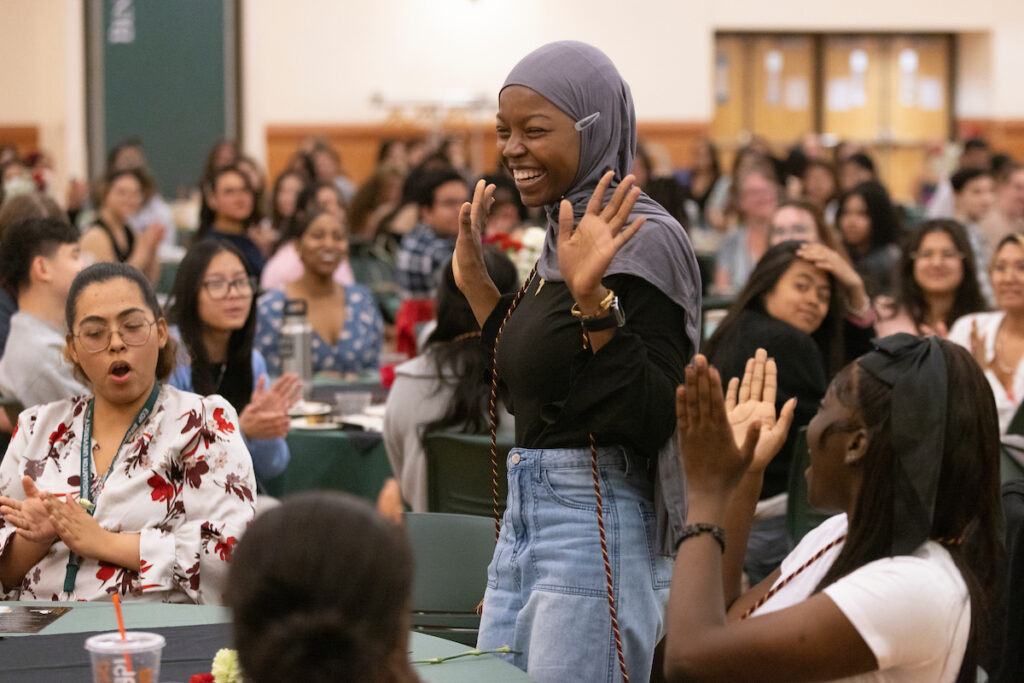Binghamton University recently hosted a special networking dinner to celebrate First‑Generation College Celebration Day. The event honored students who are the first in their families to attend college.
The celebration highlights the importance of access and inclusion in higher education. First-generation students often face unique challenges, including limited family experience with college, financial pressures, and navigating academic expectations.
University leaders emphasized that the event is more than a celebration. It is an opportunity to recognize the achievements of students and provide support through mentorship, networking, and community engagement.
Students attending the dinner shared their experiences and success stories, inspiring others in similar situations. The university also offered resources to help first-generation students thrive academically and professionally.
Experts say that initiatives like first-generation college celebration events can boost student confidence, retention, and graduation rates. By recognizing their accomplishments, institutions show that every student’s journey is valued.
Binghamton’s celebration reflects a growing trend in higher education to focus on diversity, equity, and inclusion. Programs that support first-generation students aim to reduce barriers and create a more equitable academic environment.
The event also included faculty and alumni who provided guidance and shared insights from their own college experiences. Networking opportunities at such events help students build connections that can support their careers after graduation.
University officials stressed that first-generation college celebration programs are vital for creating a welcoming campus culture. They help students feel connected, supported, and motivated to succeed.
Overall, Binghamton University’s First‑Generation College Celebration Day demonstrates a commitment to inclusion, opportunity, and student success. Honoring students breaking family barriers underscores the value of access to higher education and the positive impact of supportive academic communities.


